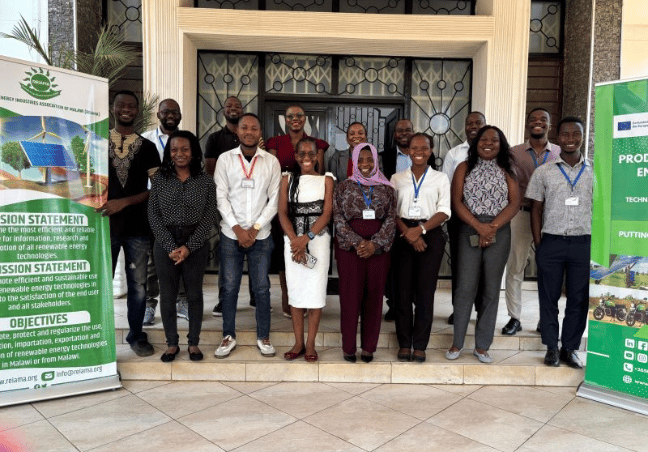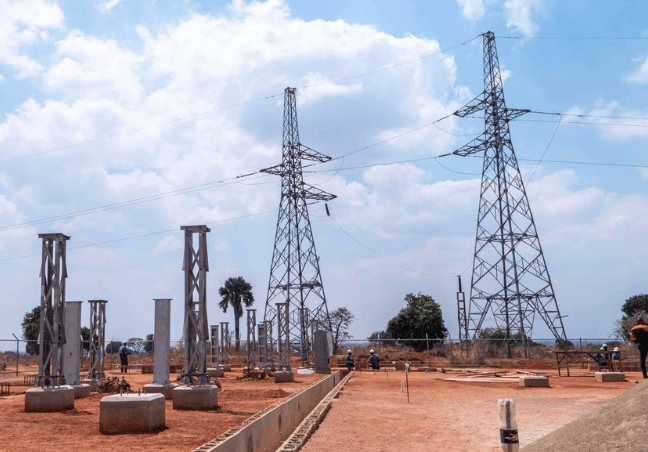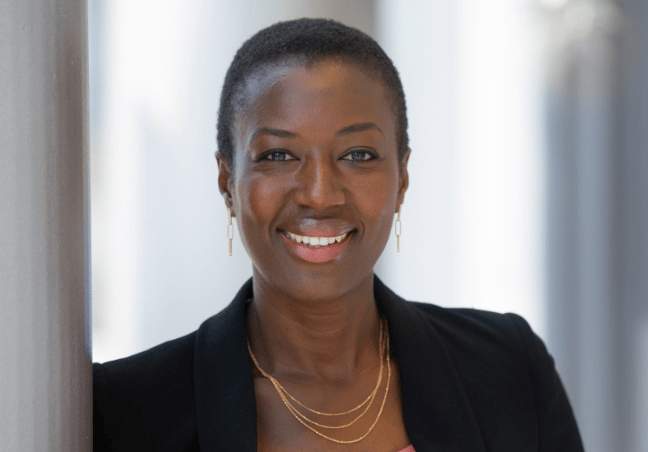- Renewables Rising
- Posts
- Zambia cuts power exports to ease domestic shortages
Zambia cuts power exports to ease domestic shortages
Dear subscriber, this is a prototype. Please help us with feedback and tips. Press reply.
Zambia’s power utility, ZESCO, is slashing electricity exports fivefold to reduce load-shedding and shield customers from shortages caused by low hydro output. Beginning in October, the country will export only 106 MW. At the same time, Zambia is fast-tracking new generation, with 25 solar projects totalling 600 MW recently approved for construction. |
The country imports electricity from neighbouring countries, including South Africa, Mozambique and Malawi, spending about $25 million per month. In the first half of 2024, the volume of imports nearly doubled.
Earlier this year, the government announced plans to add 1,000 MW of solar. Fewer than 300 MW are installed so far, but policy reforms have cut project approvals to two days, with over 1,000 MW already cleared for construction.
Our take: Countries must pursue a balanced mix of solar, wind, hydro and regional imports to ensure resilience against climate variability… Read more (2 min)
Indian solar manufacturer Premier Energies has won $20 million in contracts to deliver and install solar systems in the Republic of Benin. The projects are part of a national initiative by the government to expand access to clean energy amidst a weak, struggling grid and a lack of technical and financial ability to develop its own renewable energy power. |
Benin's power supply depends on importing electricity. The country's internal energy infrastructure is underdeveloped, complicating both the distribution of power and the integration of new sources.
The government is now focusing on energy issues. Last week it joined 28 other African nations in adopting national energy compacts under the World Bank's and African Development Bank's "Mission 300" initiative.
Our take: This is a significant investment in Benin’s renewables, but its energy woes require much bigger numbers… Read more (2 min)
Energy access in Africa must go beyond household connections to drive real economic impact. For Ndiarka Mbodji, CEO of Kowry Energy, this is a passion and a mission she is actively pursuing, as she shares in today’s opinion article. She stresses that without energy, Africa loses the opportunity to process its own products and capture the full value at home. |
Ms Mbodji founded Kowry Energy which provides tailored renewable energy, cold chain and water solutions for SMEs and local communities.
“Framing energy access as a universal human right is well-intentioned. But rights do not create livelihoods. If energy access is a right, who guarantees it? More importantly, what happens once the light is on but the future remains dim?” she asks.
Read the full opinion article here… Read more (2 min)


Renewable Energy Industries Association of Malawi convenes a Technical Working Group Coordination Workshop in Lilongwe
Events
🗓️ Attend the World Power-to-X Summit 2025 forum (Oct 2)
🗓️ Be at the Solar Africa Tanzania 2025 event (Oct 8)
🗓️ Register for the Nigeria Mining Week 2025 forum (Oct 13)
Jobs
👷🏻♀️ Become Rubicon’s Regional Sales Officer/Branch Manager (South Africa)
👷🏻♂️ Join Havenhill Synergy as a Vusiness Operations Associate (Nigeria)
👨🏻💻 Apply for Africa GreenCo’s Junior Data Engineer position (Zambia)
Various
⚡️ Growatt clinches EUPD Top Brand PV Award for 8th year
💵 ECOWAS evaluates US$465M power project advancement
🤝 Solar Sister and Koolboks lead efforts toward inclusive green growth
🔋 EDF-led consortium starts work on 257-MW battery cluster in South Africa
Seen on LinkedIn
Pooja Shah, Senior Consultant, Storage Project Finance & Development at DNV, says, “Solar plus storage is the fastest, most cost-effective way to add new power today, and there is more capital ready to flow into this space than ever before.”


